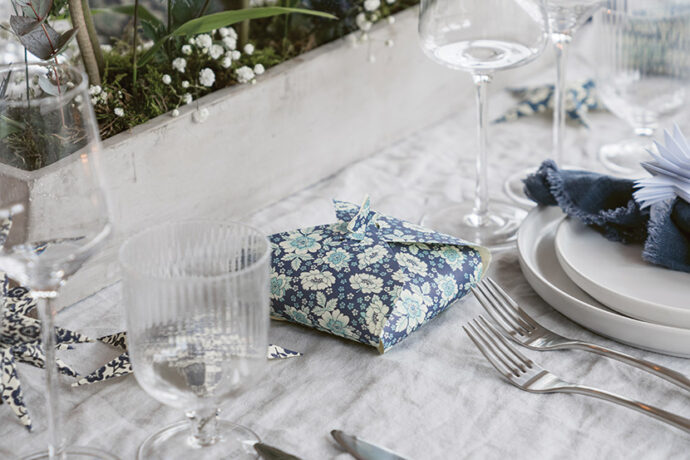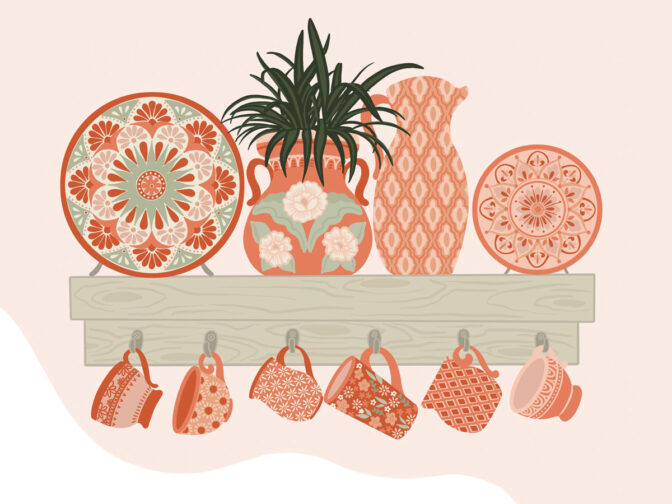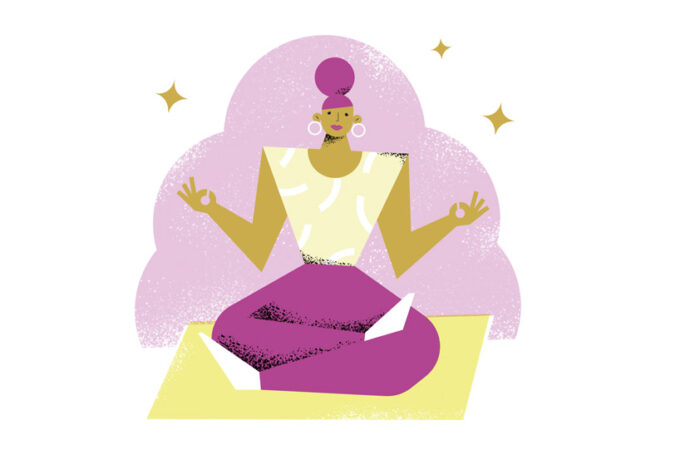
Does spending more time online make you feel less connected to others, or even yourself?
Have you forgotten the art of self-awareness in everyday life? Or, to put it another way, have you become less aware of the impact you’ve been having on others?
A lot has changed in the past decade or so. Our reliance on technology has escalated and with it has risen questions around hyperconnectivity – a world where you’re always connected to, and can be reached through, many channels day and night.
The ease and convenience of online connection is certainly a great thing, however, increased time spent online can bring with it a change in the way you communicate. Those tell-tale facial gestures that help you to read a person when you’re sitting opposite them might be less obvious when video-chatting. Cameras might be switched off, time lags cause frustrations, and quick
messages demand a quick answer, compared to a more leisurely telephone call or face-to-face chat.
Connection over conversation
You might feel you’ve lost something in the way you interact with others because of these changes. And while not every conversation will be online, more are conducted this way when compared to 10 years ago. Perhaps you’ve felt a change in the way your conversations play out? And with shifts in communication culture, you might have noticed changes in your levels of self-awareness.
In fact, your personal impact on others could become less obvious when the way you “meet” them has been affected. While the rise of instant-communication tools has brought benefits – such as spontaneity and the ability to send different media, including video, images, and GIFs – in favouring these methods have some elements of human relations been lost? Professor Sherry Turkle of
Massachusetts Institute of Technology, author of Reclaiming Conversation: The Power of Talk in a Digital Age, believes so, suggesting that conversation has been sacrificed for ‘mere connection’. She questions communication that steers people towards offering opinions rather than listening attentively and responding. In fact, it’s this skill, among others, that can help to rekindle self-awareness.
What does it mean to be self-aware?
When defining self-awareness, perhaps a starting point is to ask: what does it mean to you and how you communicate and interact with those around you? Aldo Civico, a professor of anthropology and co-founder of the International Institute for Peace, says it ‘allows for listening that is free of assumptions and judgements that compromise healthy communication. Before we are able to listen deeply to others, we need to learn how to listen deeply to ourselves.’
In your environment, whether online or in person, can you find genuine connection through deep listening to yourself and to others? And if self-awareness leads to healthy communication, what happens when communication becomes less nurturing? Perhaps that’s when the transactional model – when both or all parties take it in turns to send and receive messages – becomes too dominant. It also raises the question: if having self-awareness is a level playing field to start with, what does it mean in terms of neurodiversity – the range of ways in which humans think, learn, and relate to others?
The role of neurodivergency
Simone De Hoogh is founder of UK non-profit organisation PowerWood, which raises awareness of neurodiversity as a force for good in society. She describes how self-awareness can be different for those with autism or who are neurodivergent: ‘Besides being more intense, sensitive, and hyperreactive in general, neurodivergent individuals have a wider gap between their personal goals and aspirations and the reality of where they are. This can lead to [them] being overly self-critical, and can trigger negative thoughts and feelings, and lead to depression and hopelessness.’ She adds: ‘The increased intensity of emotions experienced by some can make it a real challenge to develop the ability to take a moment before reacting.’
‘When we see ourselves clearly, we are more confident and creative. We make sounder decisions, build stronger relationships, and communicate more effectively’ Tasha Eurich
Simone, who is neurodivergent herself, says that as a minority, ‘we understand that those who are neurotypical don’t have a lot of awareness of the different life experiences of those who are neurodivergent’. For some, there will always be a tendency to react in the moment rather than having the ability to step back and assess a situation. However, Simone says: ‘We will share our insights when we have the time and energy. However, sometimes, we will be obliged to ignore you. If that is the case, please don’t feel offended, and instead, be a supportive witness to our journey.’
Back to basics
It’s certainly a mark of progress that society is more aware and respectful of the different ways of experiencing life, and expectations in conversation, driven by the way the brain processes and drives information. Still, you might think the art of self-awareness, and therefore communication, is in decline – if it wasn’t for the fact that the human species is so resilient, and it evolves. When one method or idea loses its effectiveness, another takes its place – often similar, but adapted to the time, place, and point it’s addressing. Methods of communication are an ever-evolving example of that behaviour.
Yet, according to MIT’s Sherry, worldwide more and more people are remembering the benefits of real-life communication. It isn’t just a token effort either; rather, it’s because deep down, connection and increased self-awareness have a number of positive impacts. Indeed, a 2015 study published in the Journal of the American Geriatrics Society highlighted the findings that regular, face-to-face communication lessened the likelihood of depression.
Alongside better communication and listening skills there are other benefits that come with becoming more self-aware. Writing in The Harvard Business Review, psychologist Tasha Eurich suggests that self-awareness can also benefit business. ‘Research suggests that when we see ourselves clearly, we are more confident and creative.
We make sounder decisions, build stronger relationships, and communicate more effectively. We’re less likely to lie, cheat, and steal. We’re better workers who get more promotions. And we’re more effective leaders, more satisfied employees, and more profitable companies.’ It’s becoming clearer that increasing self-awareness comes with practise and attention (see panel, right). This also extends to appreciating that for others, as Simone suggests, the need to understand and give space is a part of that. In a time where how and why we communicate has never been so diverse, knowing how you impact others might almost feel redundant. Yet for better relationships, it’s never been so important. Benefits might include better insight into yourself and others – even bite-sized pieces of self-improvement can make a big difference.
Notes to self
For those wishing to deepen their self-awareness, here are a few pointers:
- Listen to yourself. How do you talk to yourself? When you become aware of how you talk to you, you’ll become more aware of how you talk to others.
- Ask for feedback. This is a challenging but worthwhile exercise. Ask people who care about you to describe how you communicate, if they think you’re aware of yourself and how you impact others. Listen without judgement or defensiveness.
- Challenge first reactions. You might feel angry or defensive, or even bored, during a particular conversation – but stop. Step back from those initial reactions and challenge them. Question them to see if there’s a better response.
- Practise deep listening. Use your body language to encourage the other person to talk. Bring your thoughts back to the present whenever they drift elsewhere. Focus on the other person’s body language.
- Keep a journal. Use this tool to record your true thoughts, feelings, and questions. By reflecting on your honest writing, you’ll make surprising discoveries. You’ll see what triggers you, and what motivates you. Try to write daily.



















